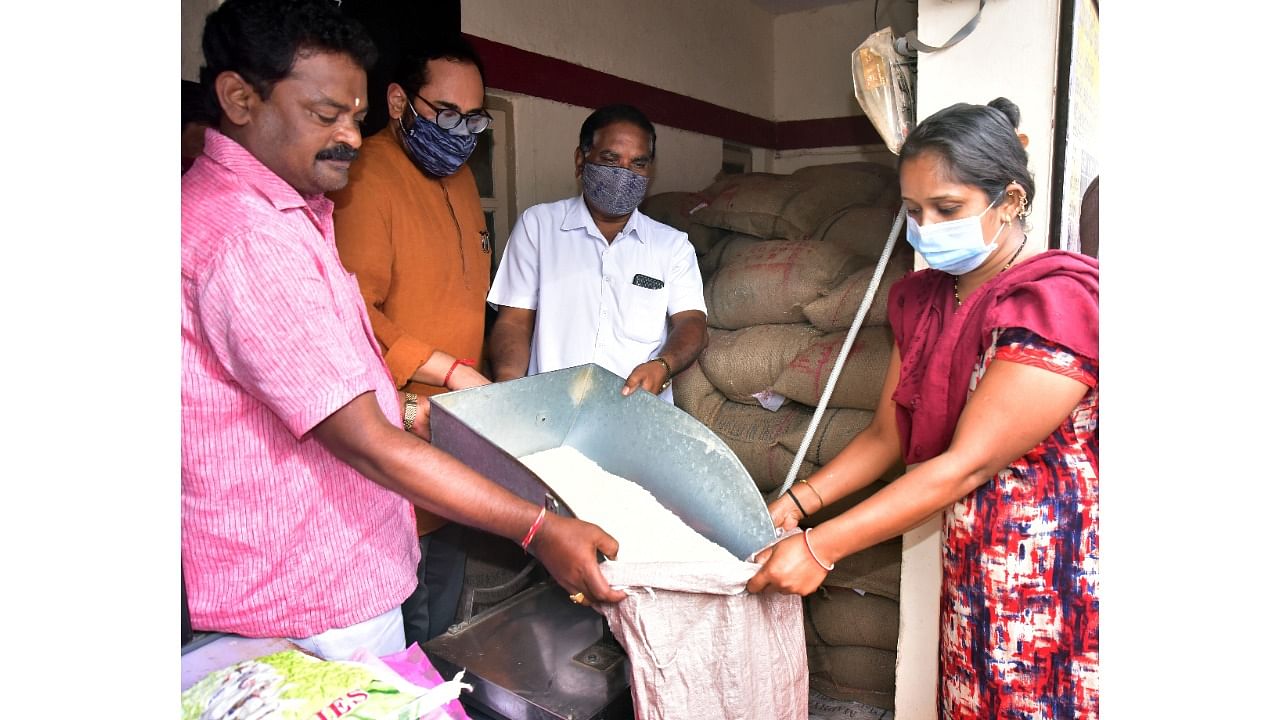
The Karnataka government’s decision to set up fair price shops in remote areas and in settlements with only 100 beneficiaries will go a long way in ensuring that the deprived sections of society, particularly those living below the poverty line, are not denied their monthly quota of rations. Another recent order makes setting up of fair price shops in all tandas (hamlets) and SC/ST colonies mandatory. These decisions will benefit at least 3,400 settlements. But such measures will have little meaning unless the quality of food grains supplied is improved. At present, the government sanctions fair price shops for a minimum of about 400 card holders due to which those living in remote hamlets or colonies have to travel to bigger towns or villages to obtain their supplies, especially after mobile ration shops were discontinued. This meant that they had to forego a day’s wages. Covid-related lockdowns and travel restrictions only added to their woes.
Chief Minister Basavaraj Bommai has also announced that rations, including rice, wheat flour and sugar will be delivered at the doorsteps of beneficiaries from November 1 in Bengaluru and from January 26, 2022, in all 28 Assembly constituencies of the state under the Jana Sevak Scheme. This will ensure that people do not have to wait in long queues at fair price shops. The public distribution system (PDS) which was introduced during World War II was strengthened during the Bengal famine and several studies have indicated that historically, food insecurity in the country was not due to scarcity of food grains but because of inefficiency in distribution of available stocks at affordable prices. As such, the decisions taken by the Karnataka government will further strengthen the food security of the needy.
However, many other loose ends need to be tied to make the system more effective. A study by K Elayaraja and T R Manjunath of Kuvempu University published in the International Journal of Advanced Research has flagged many anomalies, including black-marketing of supplies meant for the poor, bad storage facilities, adulteration, inferior quality of food grains, bogus ration cards, corruption and lack of administrative oversight at all levels. Often, the food grains are not even fit for human consumption. India’s PDS, which is the largest in the world, has emerged as one of the most important poverty-alleviation programmes and it is thus imperative that the state government plugs all loopholes to ensure that the poorest of the poor not only have easy access to basic essentials, but are also assured that there is no compromise either on quantity or quality.